Students from the University of Lethbridge’s archaeology and geography program have spent the last four weeks dusting, digging, and uncovering pieces of history at Head-Smashed-In Buffalo Jump.

The yearly excavation is their field placement. The program alternates between sites in Alberta and the Middle East and gives students the opportunity to take part in an active dig.
“There’s lots of work for archaeologists, but you need to have the experience in the ground,” said Dr. Kevin McGeough, a professor of archaeology at the university. “You can talk about archaeology in theory, you can talk about it in class, but the only way to learn how to dig is by actually doing the excavation and working with the actual materials.”
And finally getting to do an excavation at the UNESCO World Heritage Site right in their own backyard is special, and years in the making.
“We understand Head-Smashed-In really, really well and how it was used for the past 2,000 years,” said McGeough. “But we don’t understand as well how it was used 4,000 to 8,000 years ago. And those are the kinds of questions we’re trying to answer with this excavation.”
It’s a partnership between the university, Head-Smashed-In Buffalo Jump Interpretive Centre, and the Royal Alberta Museum. The team working on the two sites is made up of 25 undergraduates, two graduate students and three co-directors (two from the university and one from the Royal Alberta Museum).

Get daily National news
“Excavations occurring at Head-Smashed-In are very unique,” said masters student Samantha Kondor. “I think only a handful of excavations have occurred since the 1980s.”
For fourth-year student Nicko Linares, it’s the first time he’s been part of an excavation.
“It’s been a lot of fun,” he said. “A lot of hard work though. We got a bunch of hot days and lots of hard soil.”
A highlight for Linares was finding a hammerstone alongside Taralyn Niggli, a first-year student.
“We dug for three weeks and we found hardly anything,” he said. “And then we finally found something, and it was like glorious.”
“It’s a crazy feeling to know that you’re the first person to touch it after thousands of years,” added Niggli.
What they found was a hammerstone, a rock used to hit and mold another rock into a tool.
Teeth and pottery have also been found. But what’s been the most plenty?
The work is delicate and time-consuming, but the payoff is worth it.
“It’s very rewarding when you start finding artifacts and information that we can learn from,” said Niggli. “It’s a really great feeling.”
Linares recognizes the importance of each artifact.
“Sometimes we don’t realize how much one artifact can contribute to a single story,” he said.
The two sites are set up beside a walking path. People who visit Head-Smashed-In Buffalo Jump have stopped to talk to the archaeologists and learn about what they’re doing.
“I think archaeology happens all around you, all the time,” said Kondor. “But maybe it’s a little unseen. Alberta’s really rich in cultural heritage and we try really hard to make sure that history is known to all Albertans.”
Carrying and sharing that knowledge is a responsibility the students are happy to have.
“It’s not like treasure hunting, like typical movies or games will portray,” said Niggli. “It’s a very serious thing where we’re going into a culture’s past. A lot of respect needs to be known, and given, to the area and every artifact that we handle.”
The group is wrapping up the work being done at the excavation site and expects to be done on Sunday.


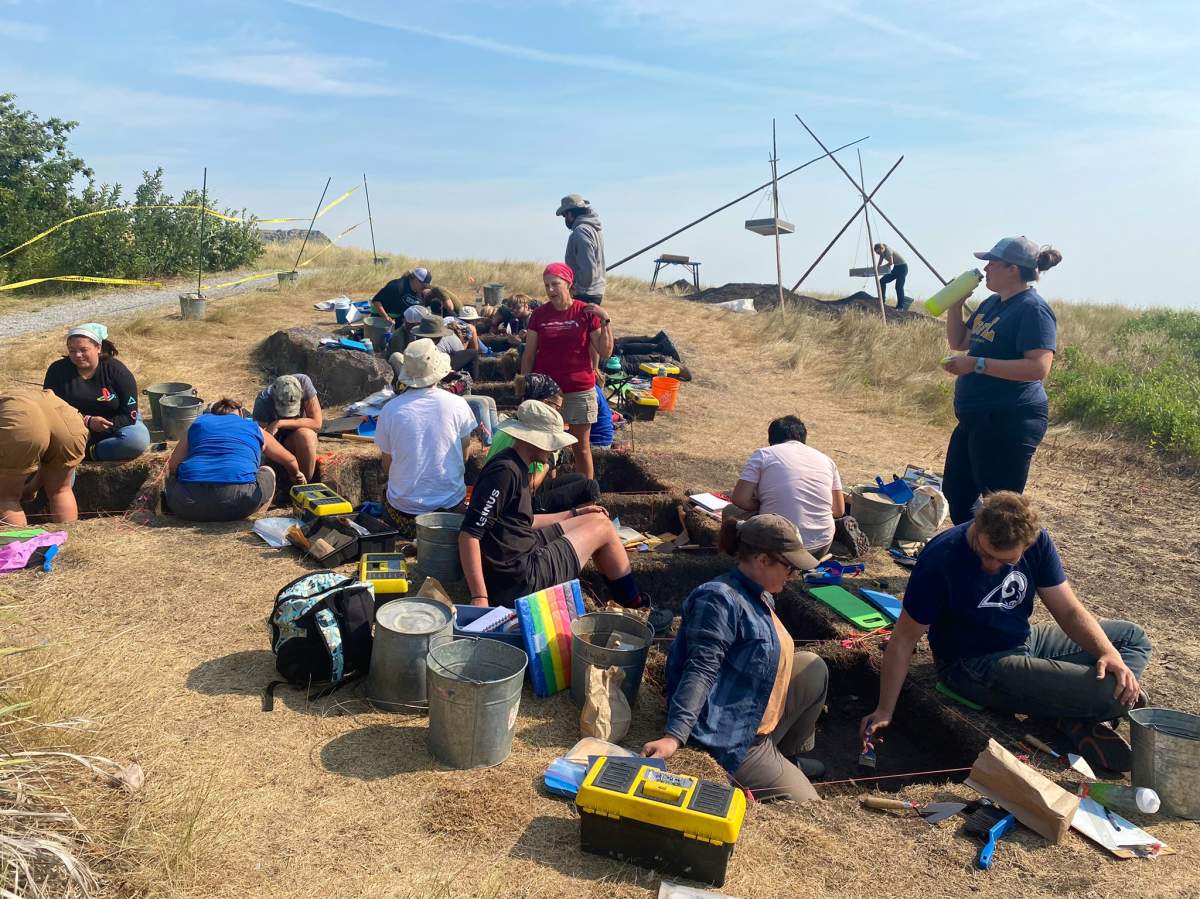
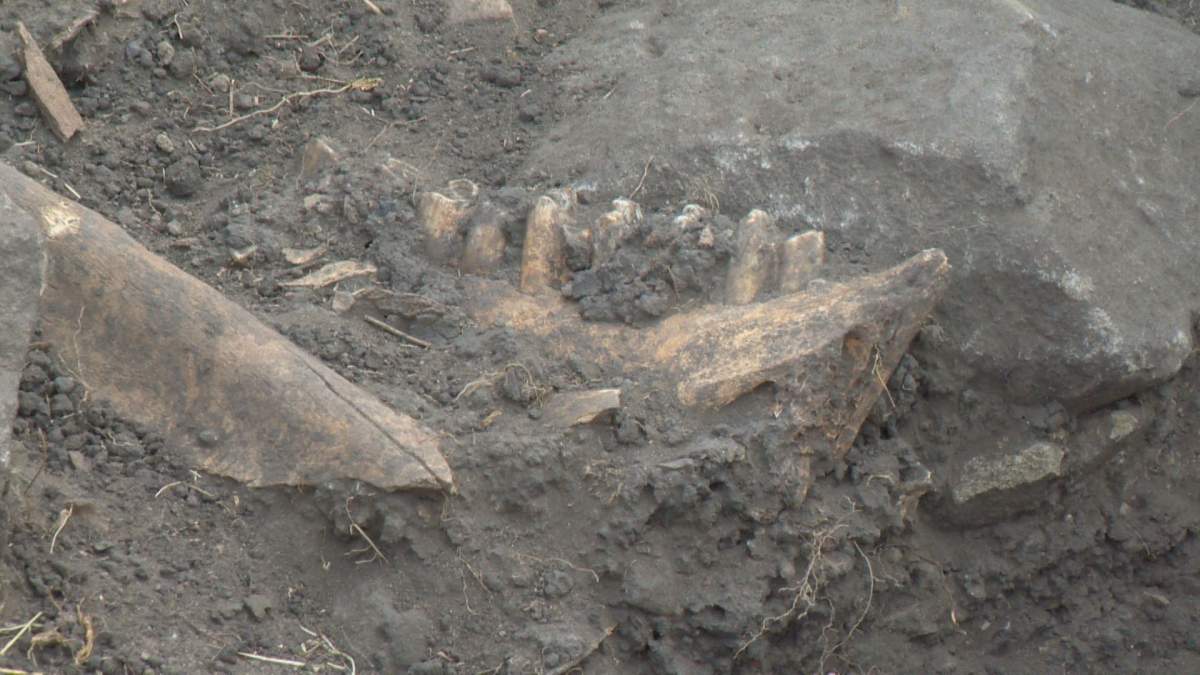
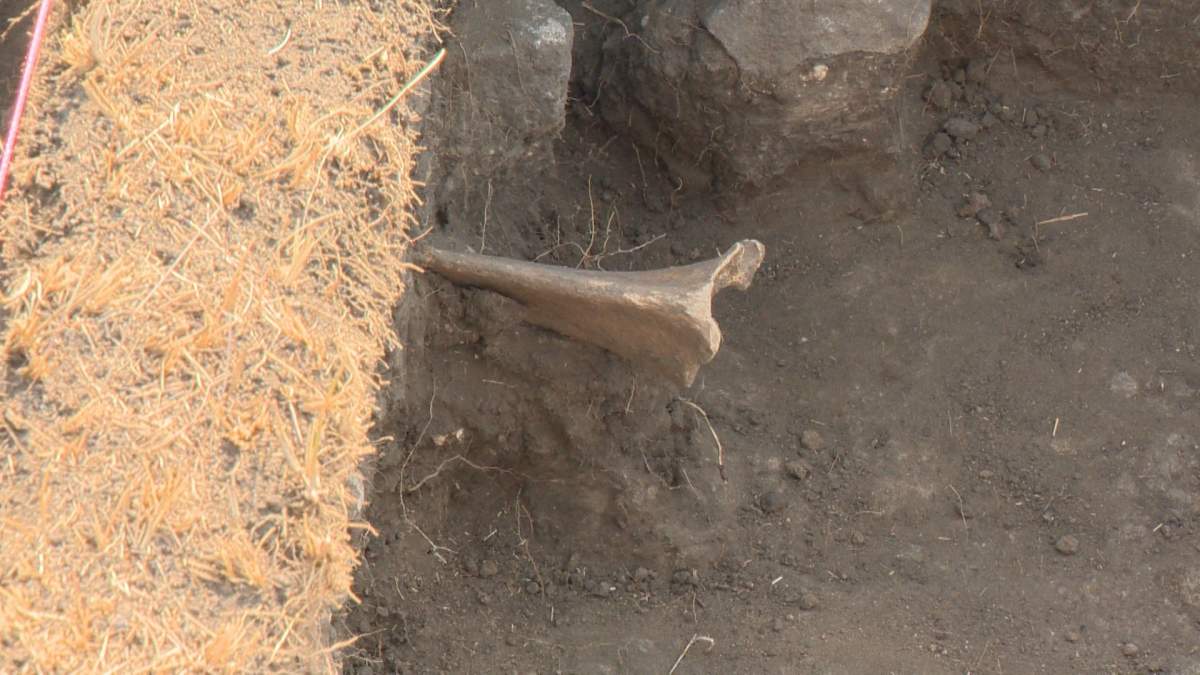
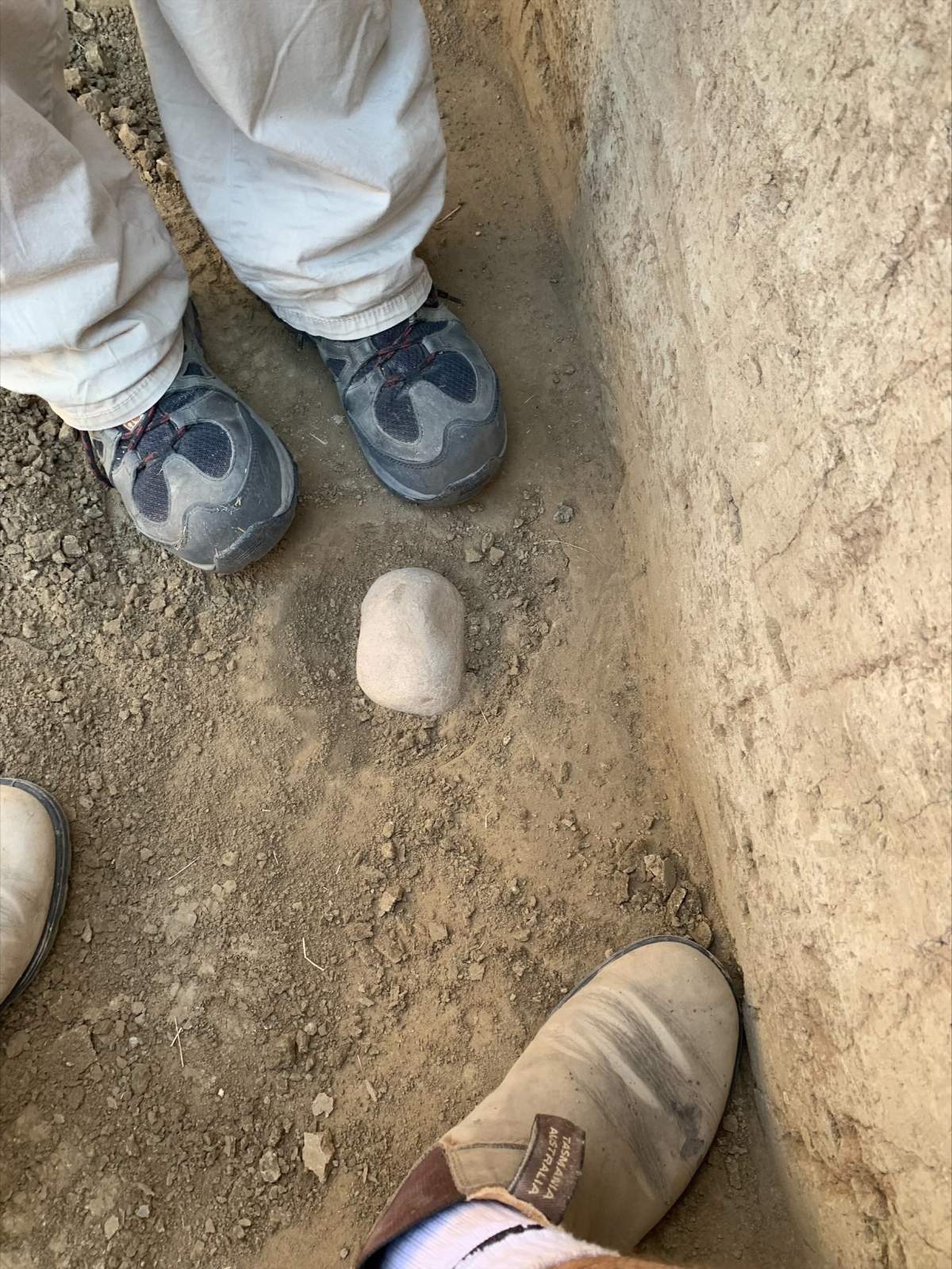


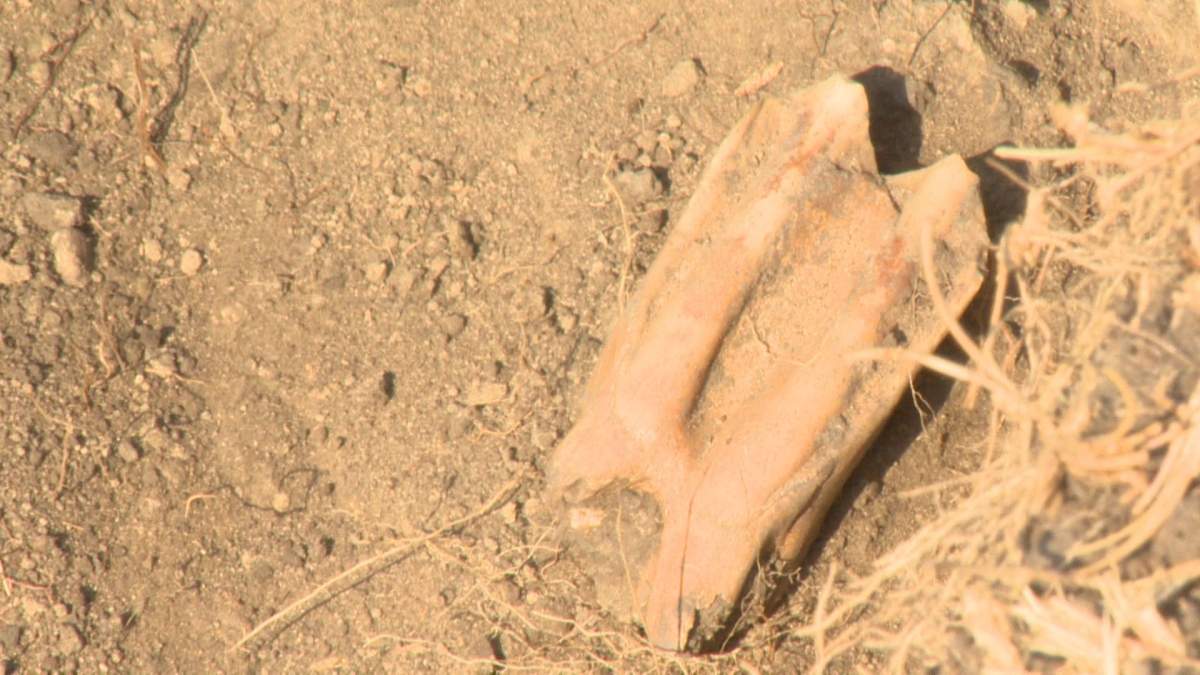




Comments